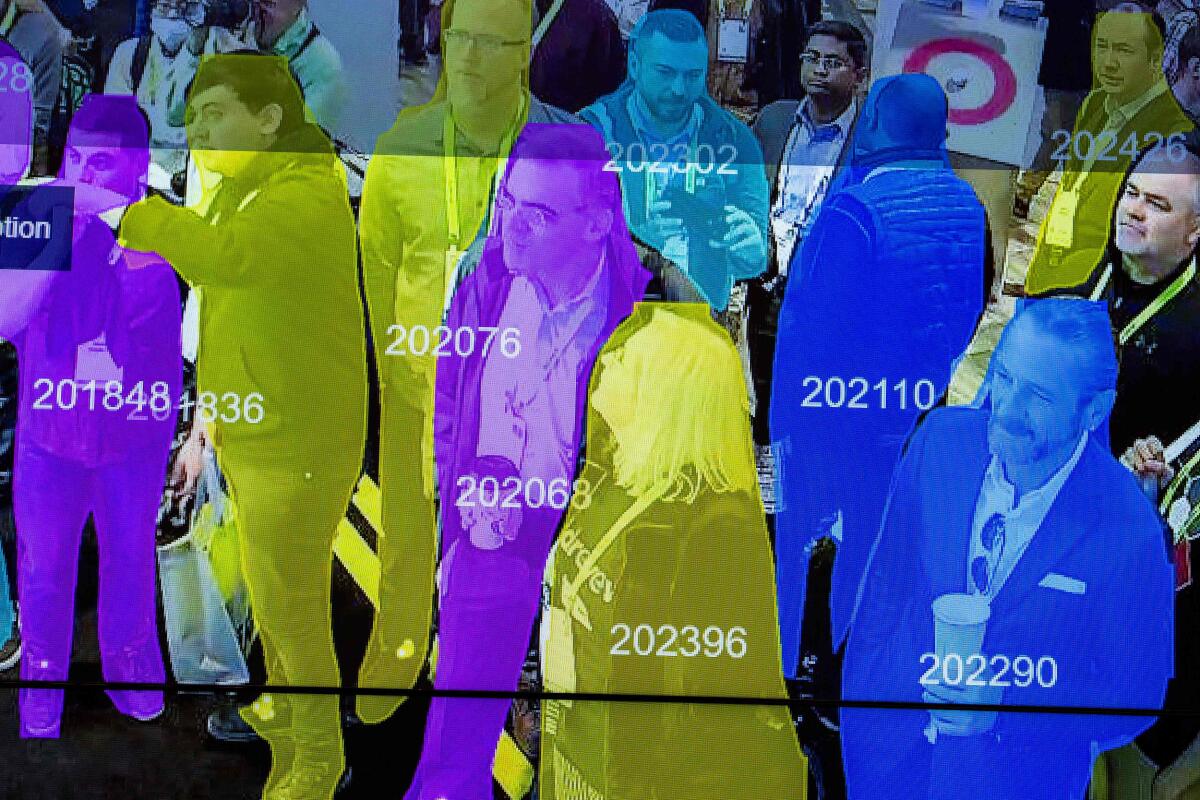He assumed his dead brother’s identity in 1965. Facial recognition technology caught him

PORTLAND, Maine — An 86-year-old man accused of assuming his brother’s identity decades ago and using it to double dip on Social Security benefits has been convicted of several charges after being caught by facial recognition technology that matched the same face to two different identities, authorities say.
Napoleon Gonzalez, of Etna, Maine, assumed the identity of his brother in 1965, a quarter-century after his sibling’s death as an infant, and used the stolen identity to obtain Social Security benefits under both identities, multiple passports and state identification cards, law enforcement officials said.
A U.S. District Court jury in Bangor on Friday found Gonzalez guilty of mail fraud, Social Security fraud, passport fraud and identity theft. Mail fraud carries the greatest potential prison sentence, up to 20 years.
His attorney said Tuesday that he intends to appeal and will seek to keep Gonzalez out of prison until the U.S. 1st Circuit Court of Appeals issues a ruling.
Gonzalez’s benefits were previously investigated by the Social Security Administration in 2010 for potential fraud, and his benefits were upheld.
A new investigation was launched in 2020 after facial identification software indicated Gonzalez’s face was on two state identification cards.
A stolen wallet precipitates a reporter’s years-long fight against identity thieves — and a system that doesn’t care and won’t help.
The facial recognition technology is used by the Maine Bureau of Motor Vehicles to ensure that no one obtains multiple credentials or credentials under someone else’s name, said Emily Cook, spokesperson for the secretary of state’s office.
“When fraud is detected, the fraudulent transactions are investigated and referred for administrative and/or criminal proceedings. That is what happened with this case,” she said.
When confronted, Gonzalez claimed that he took on his deceased brother’s identity at the direction of the Air Force’s Office of Special Investigations while participating in an undercover operation in the 1960s, according to court documents. He later admitted to faking his death under his own identity and continuing with his brother’s identity, the documents indicated.
A sentencing date has not yet been set for Gonzalez, who remains free.
Is identity theft insurance worth the expense? What do identity theft protection companies such as LifeLock and Aura do? Here’s what to consider.
His attorney, Harris Mattson, said he did not think the government proved all of the elements of the multiple counts against his client, and he questioned the wisdom of the imposition of a lengthy prison sentence for his client at his age.
Mattson said it’s ironic that it would cost more for his client to be imprisoned than the cost of the dual benefits he had been receiving.
“At the age of 86, he doesn’t know how much longer he has to live. He could easily be in prison for the rest of his life,” Mattson said.
More to Read
Sign up for Essential California
The most important California stories and recommendations in your inbox every morning.
You may occasionally receive promotional content from the Los Angeles Times.












